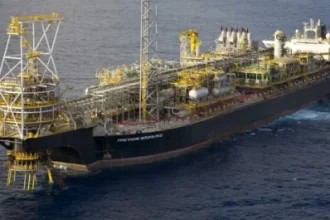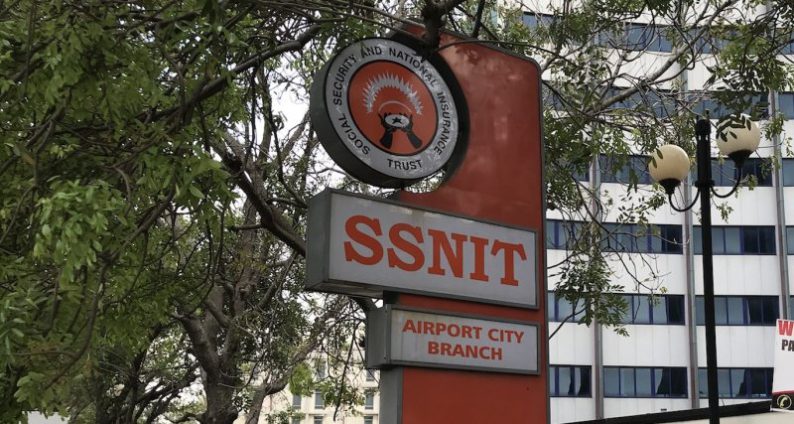Ghana has been ranked among countries with transitioning mobile internet connectivity in Sub Saharan Africa.
The latest GSMA Mobile Internet Connectivity Report released on Tuesday in Kigali, Rwanda placed Ghana at the third position of the table ahead of Cape Verde, Kenya, Nigeria and several other African countries.
Mauritius tops the table with 65.2 points as a country with an advanced mobile internet connectivity within Sub Sahara Africa, while South Africa and Ghana came second and third with 59.1 and 50.6 points respectively.
Dubbed Connected Society, the State of Mobile Internet Connectivity 2019, the new GSMA Mobile Connectivity Index, highlights the commitment of mobile industry players in Sub Saharan Africa to connect everyone and everything to a better future, by measuring the performance of 163 countries – representing 99% of the global population – against the four key enablers of mobile internet adoption.
As the only country from the West African Sub-region to have maintained its position in the transitioners category since 2018, Ghana this year made an impressive stride against Cape Verde with 9.5 score difference in the adoption rate of Mobile Internet Connectivity to place second in the transitioners category of the report.
Ranked 7th in the report table with 46.9 points, Nigeria joins other countries including Rwanda, Ivory Coast, Benin, Cameroon, Senegal, Tanzania, Congo, Angola, Liberia, Sierra Leone, Ethiopia, Lesotho, Zimbabwe, Uganda, Botswana and Gabon as countries with emerging mobile internet connectivity.
The discoverers category also featured Chad, Togo, Niger, Central African Republic, Democratic Republic of Congo, Malawi, Burkina Faso, Mozambique, Zambia, Madagascar, Gambia, Mali, Guinea, Guinea-Bissau at the bottom of the GSMA Mobile Internet Connectivity Report.
According to the report, with 2G coverage currently standing at 85% in Sub Saharan Africa, it is expected that operators will continue to upgrade their sites over the next few years, narrowing the gap between 2G and 3G coverage.
It however noted that upgrading 2G sites in remote areas will remain a challenge as the incremental costs associated with equipment, backhaul and power may not generate sufficient returns to justify the investment.
“For the 150 million individuals in Sub-Saharan Africa that live in areas where there is no pre-existing mobile infrastructure (i.e. no 2G coverage), extending networks will remain a significant economic challenge,” it stated.
“Given the lack of commercial sustainability in these areas, alternative solutions will be required, including new technologies that lower the total cost of ownership (especially in cell site, backhaul and power – the three components that account for the majority of capital and operational expenditure), accurate coverage mapping to target small settlements; and supportive government schemes to subsidize where needed,” the report added.
The GSMA represents the interests of mobile operators worldwide, uniting more than 750 operators with nearly 400 companies in the broader mobile ecosystem, including handset and device makers, software companies, equipment providers and internet companies, as well as organisations in adjacent industry sectors. The GSMA also produces the industry-leading MWC events held annually in Barcelona, Los Angeles and Shanghai, as well as the Mobile 360 Series of regional conferences.
















